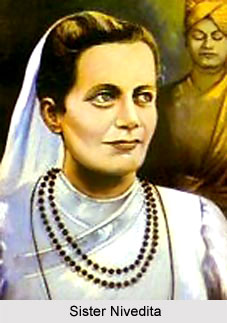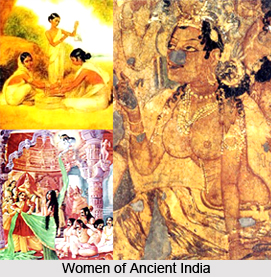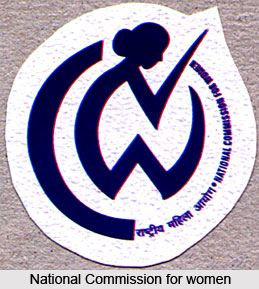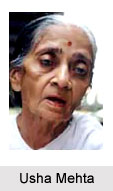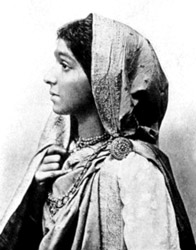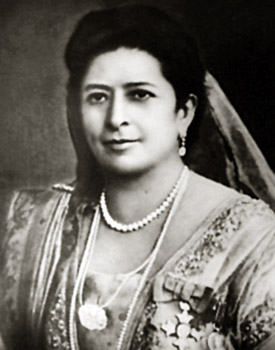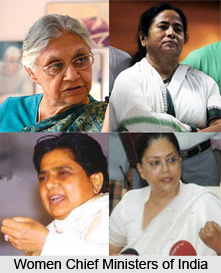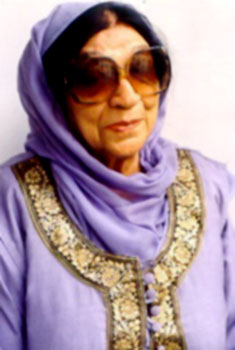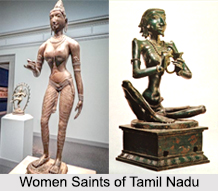 Women Saints of Tamil Nadu are many in numbers and most of them have expressly shunned any kind of publicity. The lives of devout women illustrates, how God entered their lives and how they sublimated their lives into one of service and dedication. Among these were saints in Shaivism and Vaishnavism, some are reputed poets, some were crowned queens and a few others had been celebrated in literature and folklore. The famous women saints of Tamil Nadu are as follows:
Women Saints of Tamil Nadu are many in numbers and most of them have expressly shunned any kind of publicity. The lives of devout women illustrates, how God entered their lives and how they sublimated their lives into one of service and dedication. Among these were saints in Shaivism and Vaishnavism, some are reputed poets, some were crowned queens and a few others had been celebrated in literature and folklore. The famous women saints of Tamil Nadu are as follows:
Vasuki (1st century A.D.) - wife of Tiruvalluvar, the author of Tirukkural, was the blossom of Indian womanhood and a model for all women. God came to her in the form of her husband and by serving him; she has become immortalized in legend and literature.
Punitavati - Punitavati was the saint of Karaikal, also called the "Mother", a canonized Shaiva saint of the 5th Century. She has immortalized her experiences in 143 beautiful songs which are included in Shaivite hymn books. The songs are supremely inspired, being the natural and soulful outpourings of an extremely joyous yet simple being, who had a blissful experience of divine manifestation.
Tadagai - Tadagai from Tiruppandal in Thanjavur who visited the temple with her father every day and continued to do so even after she became a beautiful young damsel. Lord Shiva in the form of a Shivalinga here is said to have bent his head forward to help the girl place the garland of flowers around his head and the idol remained in that inclined position.
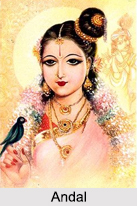 Tilakavati (7th century A.D.) - Tilakavati was the firstborn child in a farmer`s family. She had a little brother and lost her parents when her brother was very young. She was engaged to Kalippahai who was killed in a battle even before they were married. She decided to live for her brother and lived a life of self-imposed widowhood, austerity and penance. Tilakavati lived on through devotion to God and through love for her brother, which was sublimated into love for all life.
Tilakavati (7th century A.D.) - Tilakavati was the firstborn child in a farmer`s family. She had a little brother and lost her parents when her brother was very young. She was engaged to Kalippahai who was killed in a battle even before they were married. She decided to live for her brother and lived a life of self-imposed widowhood, austerity and penance. Tilakavati lived on through devotion to God and through love for her brother, which was sublimated into love for all life.
Queen Mangaiyarkkarasi - Model of womanhood, a political diplomat with religious freedom Queen Mangaiyarkkarasi (7th century) was the queen of the Pandya kingdom in South India who had the highest dedication to god and above all, modesty and duty to the home.
Andal (8th century A.D.) - Andal was the adopted daughter of Periya Alvar and was also called "Goda". Being an "incarnation of Bhudevi", her love spontaneously flowed towards Vishnu. She has sung more than a hundred songs on the theme of her love for the Lord and they are known as her tirumozhi or sacred words.
Awai (8th century) - Awai was a very popular bard who went about the courts of local chieftains singing their praises and befriending them. Early upbringing by a wandering minstrel seems to have given her the wanderlust and made her a singer and a poet. Her words were pearls of wisdom and godliness, helping the people towards a higher spiritual life.
Vandi (9th century) - Vandi was a woman of Madurai. She was a very pious woman, always keeping her mind on Lord Shiva in the Madurai temple. Her story is one of the most cherished legends of Shaivites and it is also called one of the 64 spots of Lord Shiva in the city of Madurai.
Queen Sembiyan Madevi (920-1001 A.D.) - Queen Sembiyan Madevi was the queen of Gandaraditya, the Chola ruler of Kaveri delta in 950-957 AD. The queen sublimated her devotion for her husband into a love for God after his death and succeeded in converting the vast Tamil nation into a nation dedicated to the service of God.
Alagi - Alagi of Thanjavur (11th century) an old woman of Thanjavur whose devotion to God was made known to the public by the Lord himself. The place where she lived has come to be known as "Alagi Gardens" and a small tank in the front of her hut have come to be known as the "Alagi Tank".
Athuloi (11th century) - Athuloi was the daughter of Periyanambi, one of the spiritual preceptors of Ramanuja, the founder of Vaishnavism. The devotion and filial affection of this little girl opened up a new chapter in Vaishnava history, namely the recognition of a casteless society among the followers.
